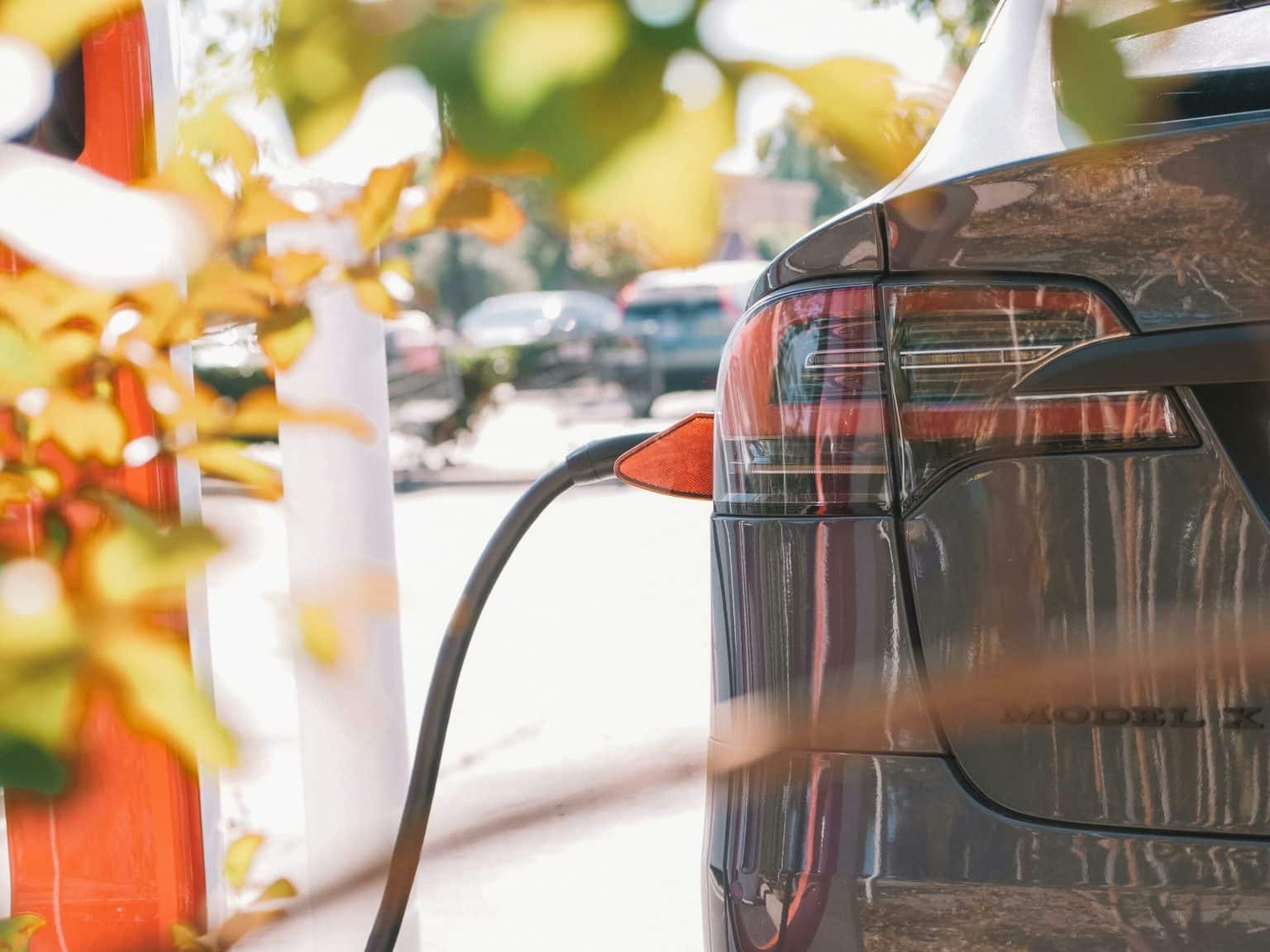The Electric Car Scheme is excited to reveal some of the most affordable electric vehicles (EVs) available in the UK today, as a combination of new models entering the market and a growing used car sector has significantly reduced prices.
Lower Running Costs
Affordability continues to be the primary obstacle for potential EV drivers, with 68% of Brits identifying it as their main concern. This surpasses worries about running costs, reliability, and range anxiety. The high initial costs of electric vehicles have historically deterred many drivers from making the switch, despite the increasing awareness of their environmental benefits and lower running costs.
In light of these concerns, drivers and prospective EV owners will be encouraged to discover that this September, a diverse range of electric vehicles is available for under £200. This shift in the market is especially noteworthy as the UK prepares for the reintroduction of the 2030 EV deadline, which aims to phase out traditional petrol and diesel vehicles. This deadline has spurred manufacturers to produce more budget-friendly options, making it easier for consumers to make the transition.
Under £200
For just £200 a month, you might typically expect to budget for a family outing. However, if you are in the market for an electric vehicle, you could secure a new Dacia Spring for as low as £153 per month through salary sacrifice schemes. This arrangement allows employees to benefit from lower monthly payments while also ensuring that there is room in the budget for charging expenses.
Alternatively, a used Nissan LEAF Hatchback can be obtained for as little as £195 a month. This is in stark contrast to the price of around £260 a month for a new model. The used market has gained immense popularity among customers of The Electric Car Scheme, with nearly half of their sales now comprising used vehicles. This trend indicates a significant shift in consumer behaviour, as more drivers opt for pre-owned electric cars due to their affordability and practicality.
Under £250
For those wanting a few more options at a reasonable price point, salary sacrifice presents an extensive selection of electric vehicles priced under £250 a month. In the new car sector, the BYD Dolphin is available from just £214 a month, as more affordable Chinese electric vehicles enter the UK market, offering competitive features and pricing.
The used EV market opens up even more choices, featuring models such as the Renault ZOE Hatchback for only £215 a month, the Hyundai IONIQ Electric Hatchback starting at £223 a month, and the Vauxhall Mokka-e electric Hatchback priced at £236 a month. These options not only appeal to budget-conscious consumers but also demonstrate the growing diversity in the electric vehicle sector.
Under £300
Many rail season tickets, particularly those for travel into London, would easily exceed the £300 price point, enabling drivers to lease multiple new EVs through The Electric Car Scheme. Options include the Nissan LEAF, Mini Cooper, MG 4, and MG ZS, which cater to different preferences and requirements.
Used cars further expand the possibilities, offering one of the UK’s most sought-after electric vehicles, the Tesla Model 3, for as little as £303 a month. This combination of affordability and variety makes transitioning to electric driving more accessible than ever.
Thom Groot, CEO and Co-Founder of The Electric Car Scheme, commented: “There are incredible deals available for EVs right now, and they are becoming increasingly affordable as more entry-level models hit the market and the used EV sector develops. These prices make EVs accessible to a broader range of people across different income levels, which is essential for meeting the 2030 deadline.
“We understand that the primary concern for drivers is affordability. This is why 68% of Brits cite it as the biggest barrier, far outweighing any worries about range, reliability, or resale value. This is precisely why we established The Electric Car Scheme to make EVs more affordable and boost their adoption ahead of the upcoming phase-out of traditional cars.”
